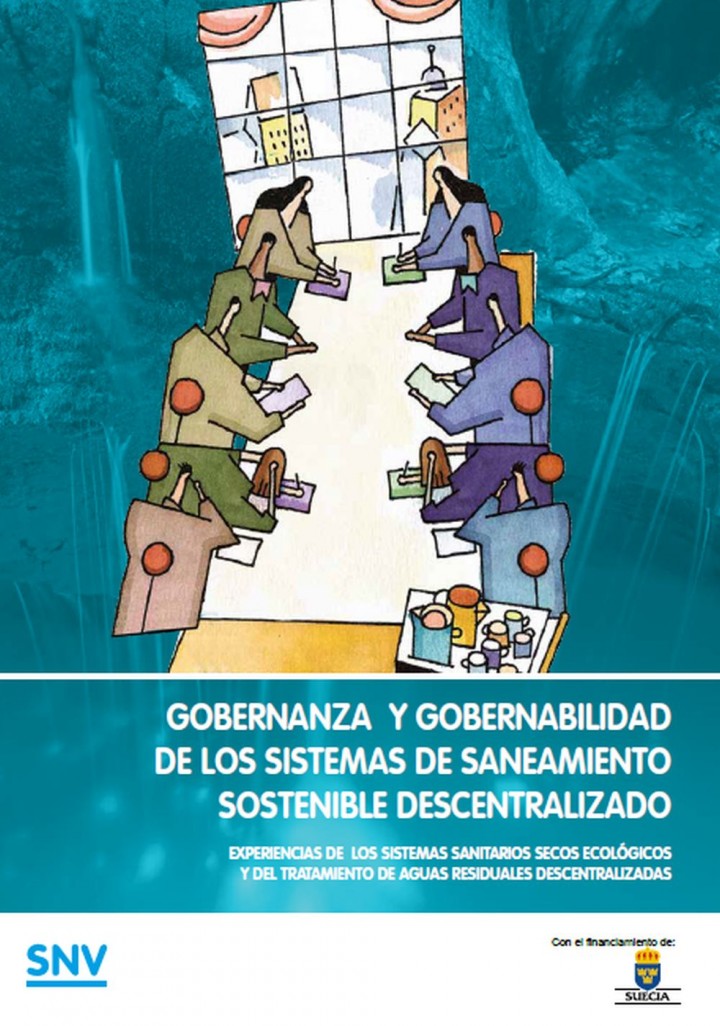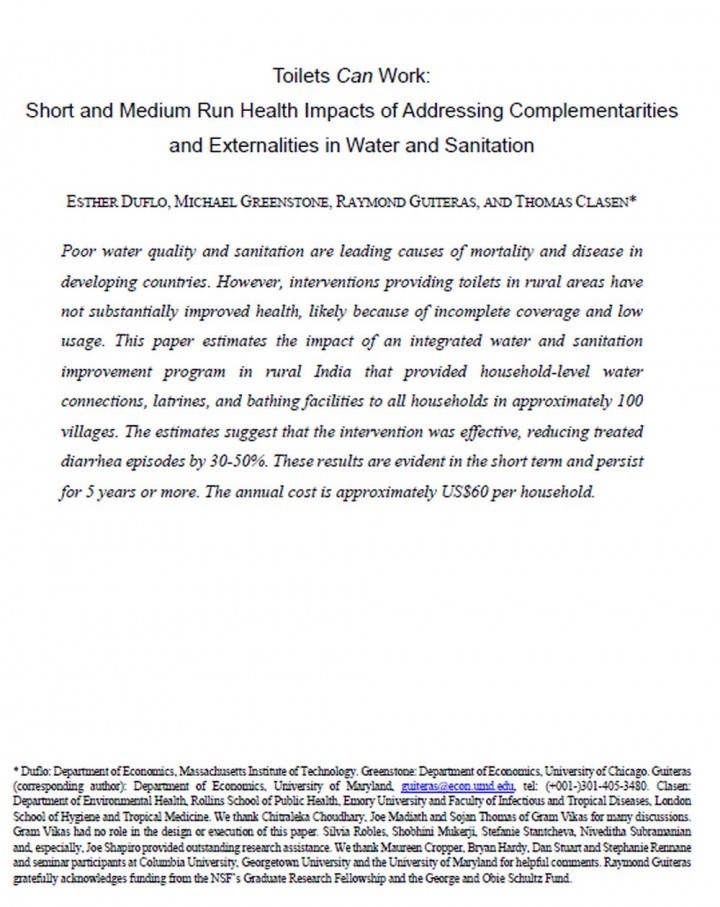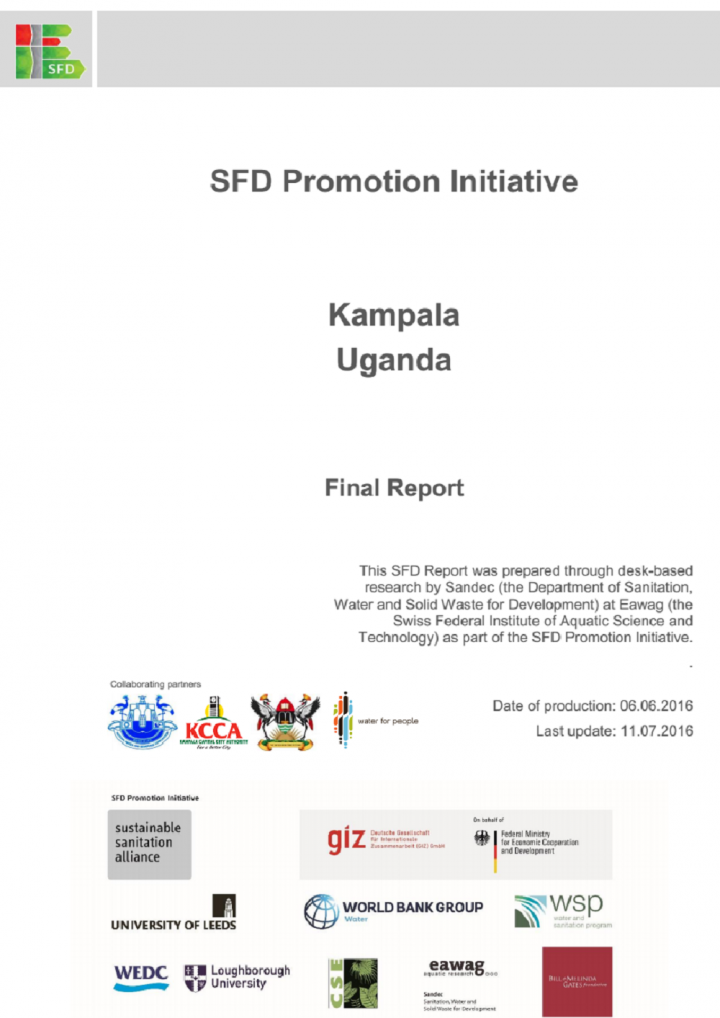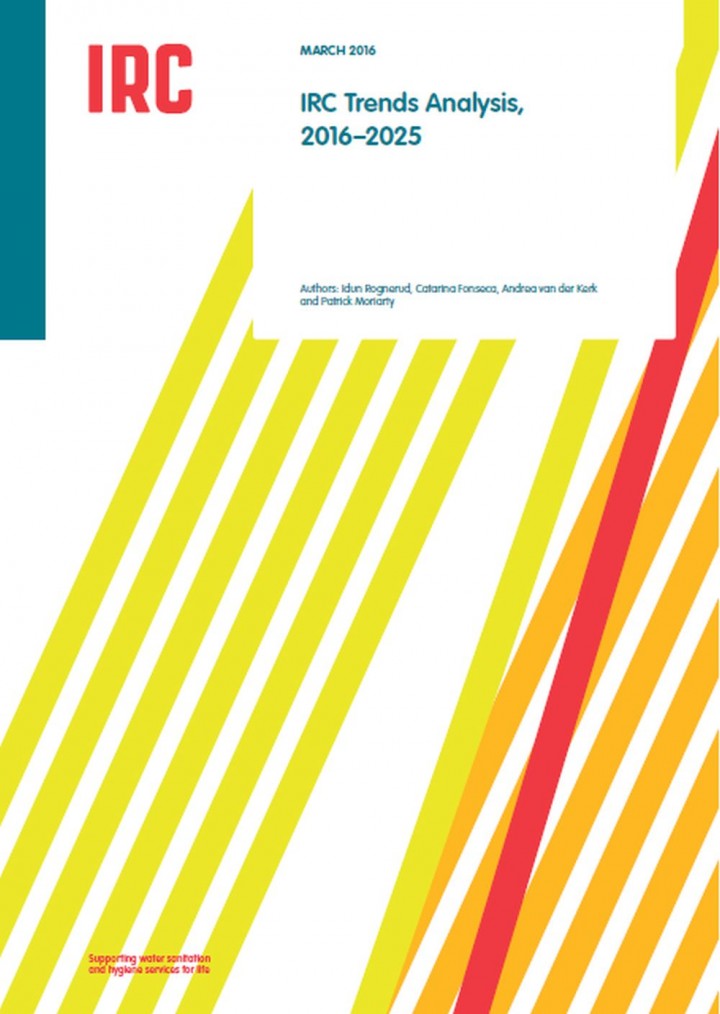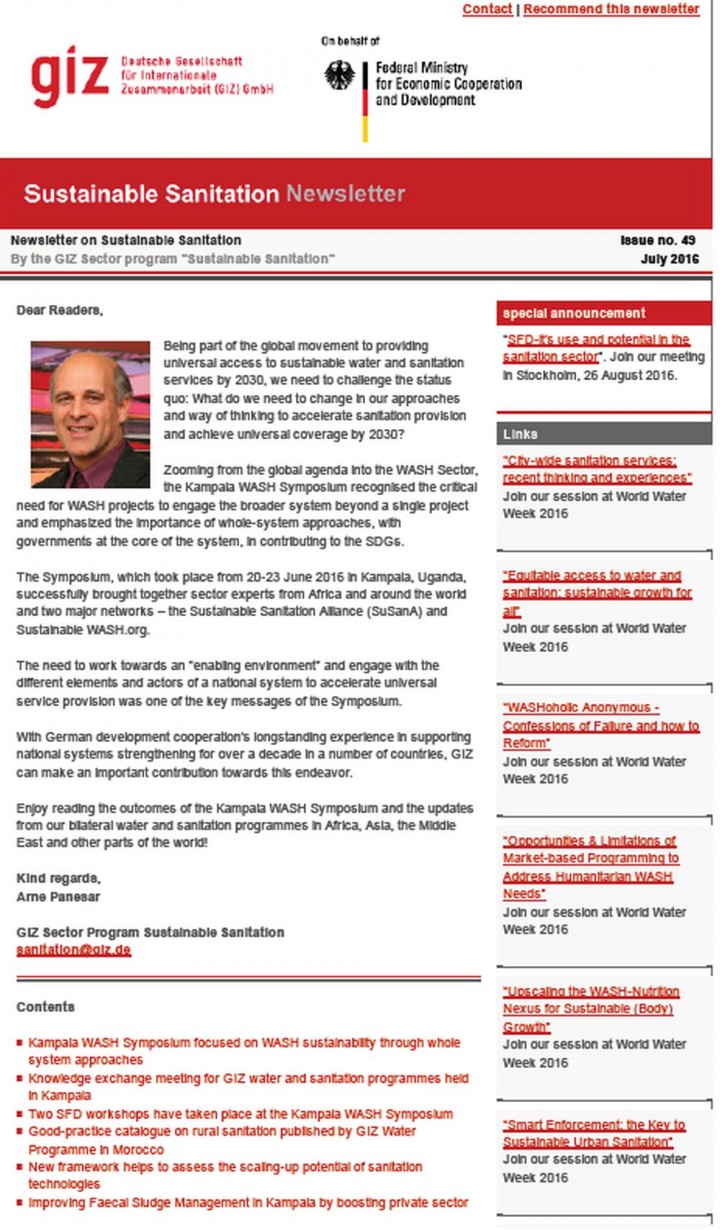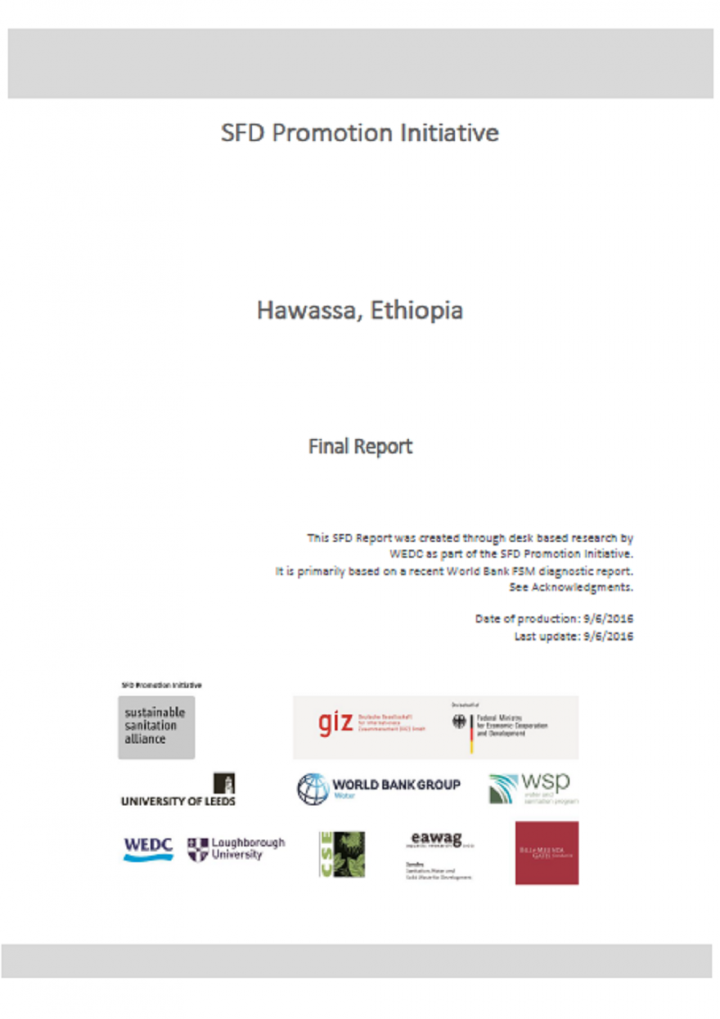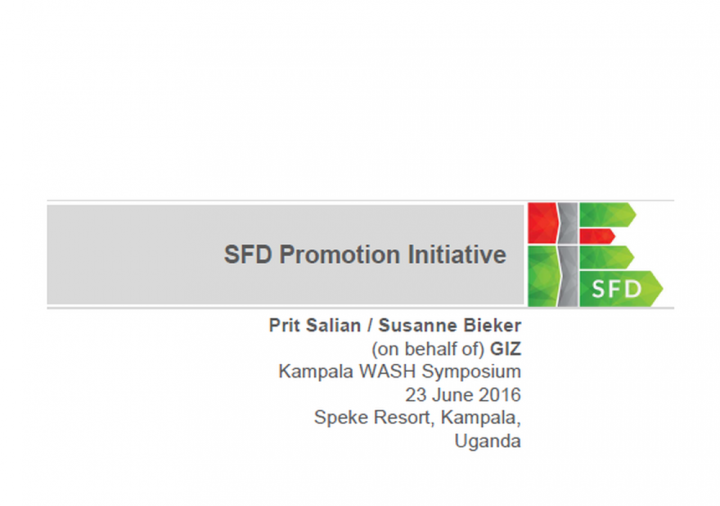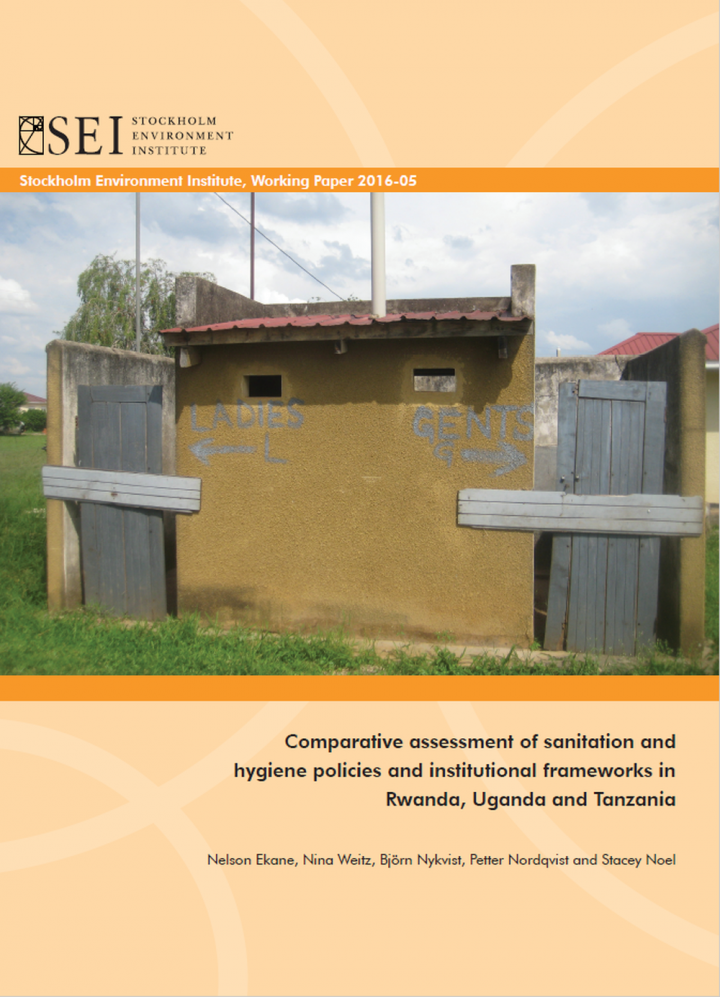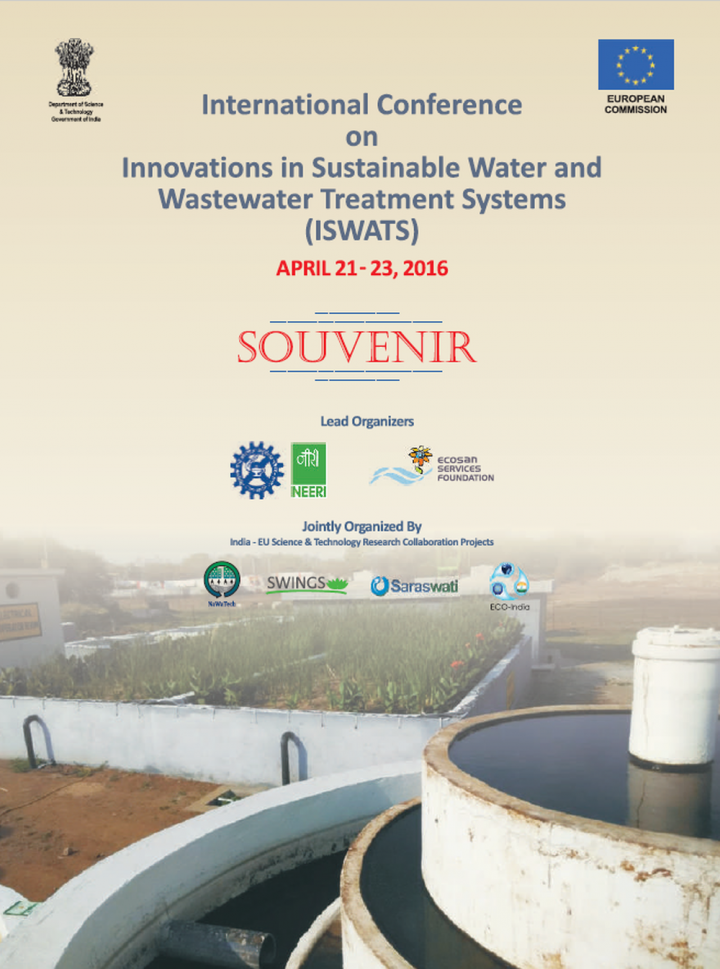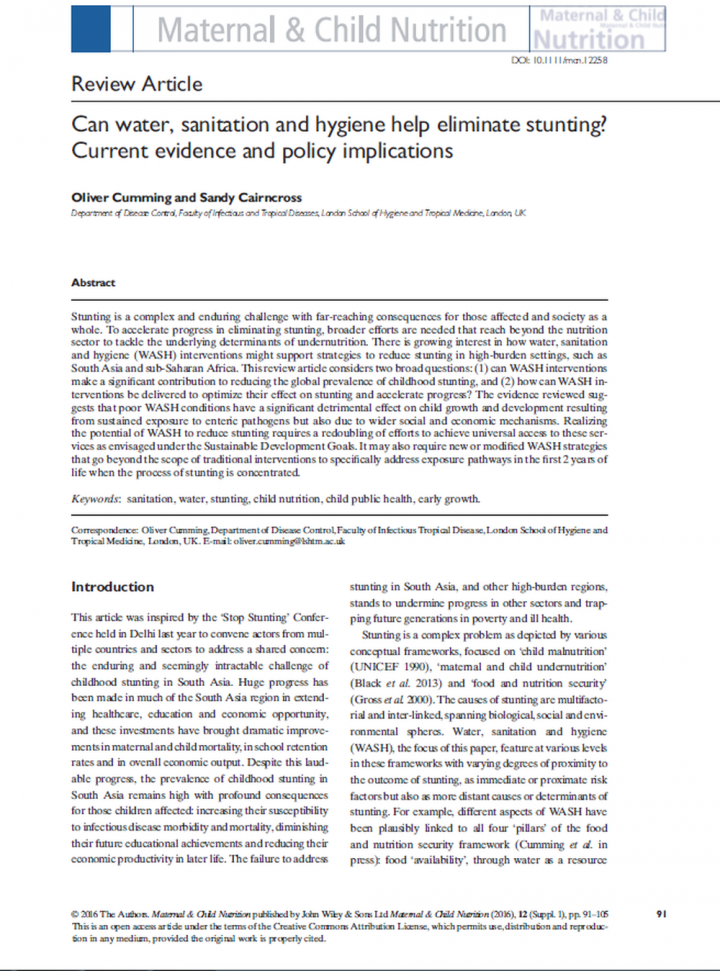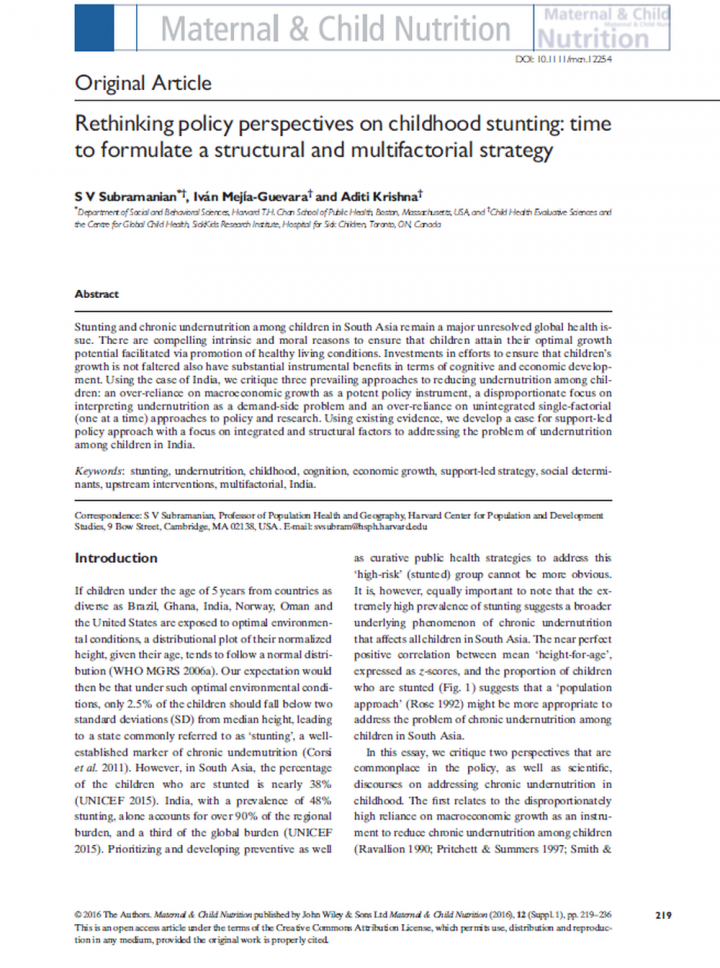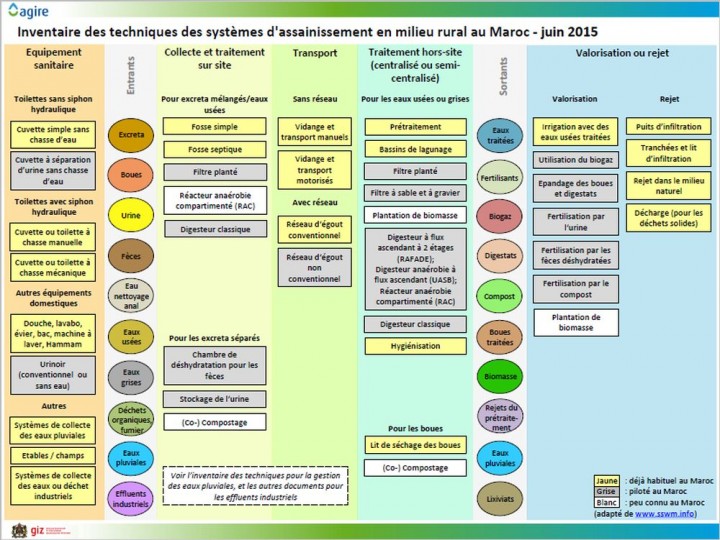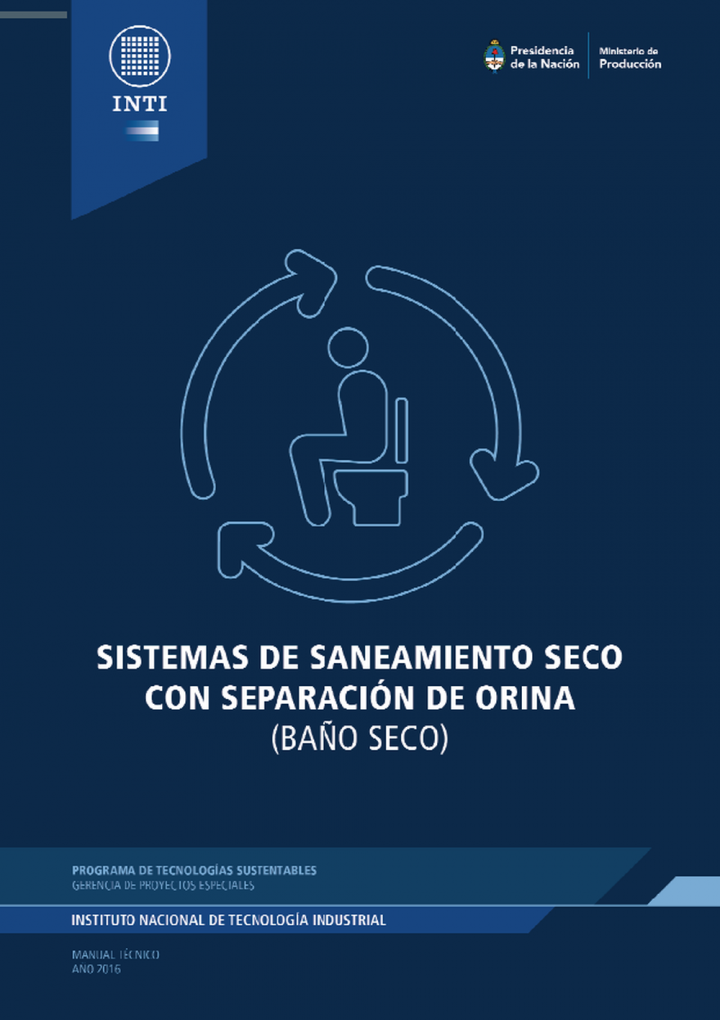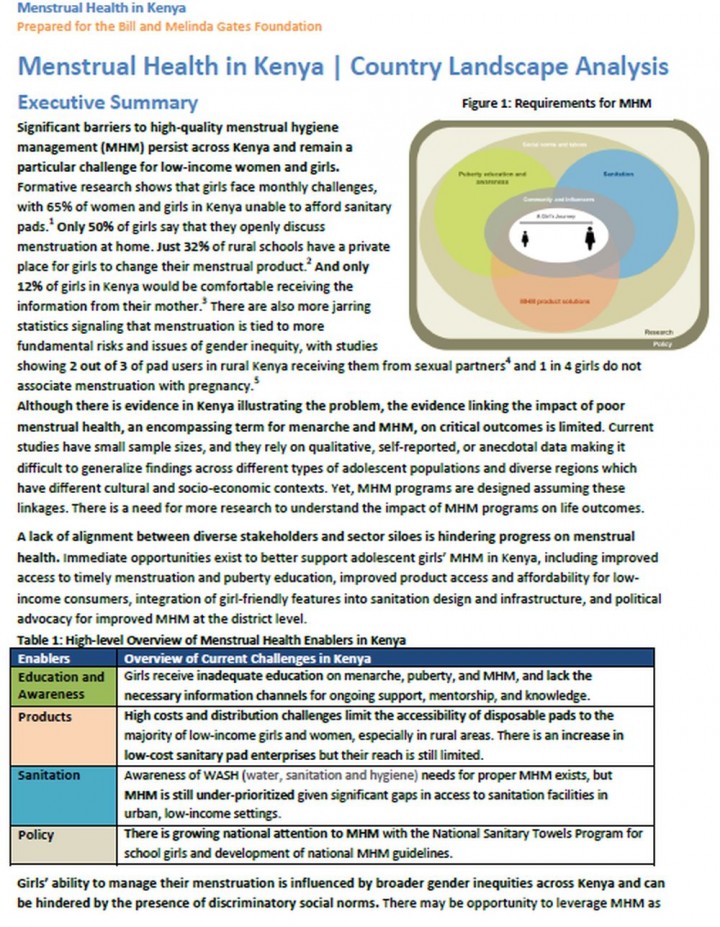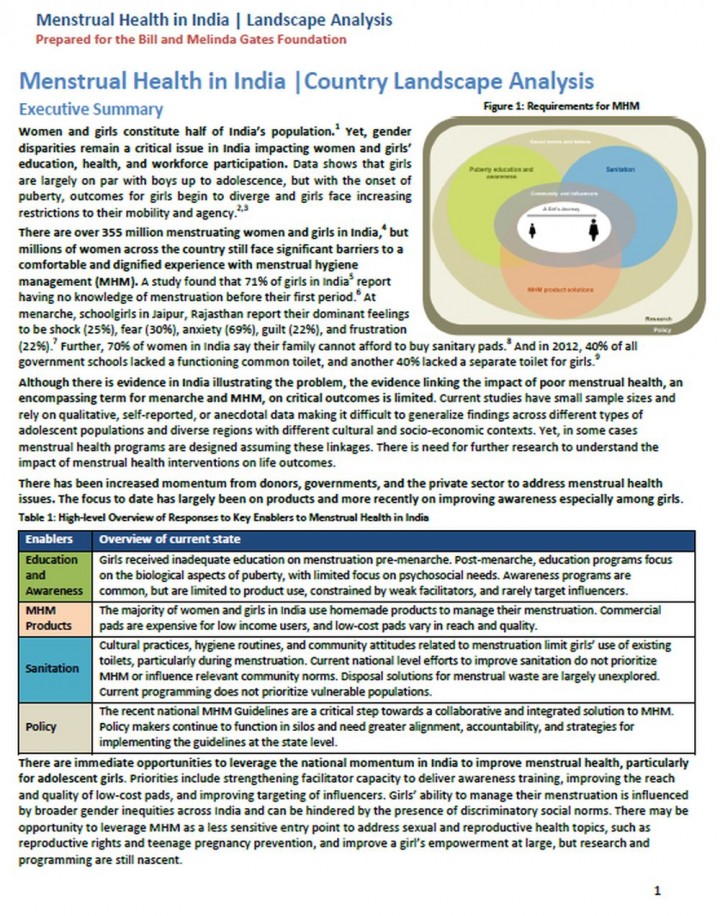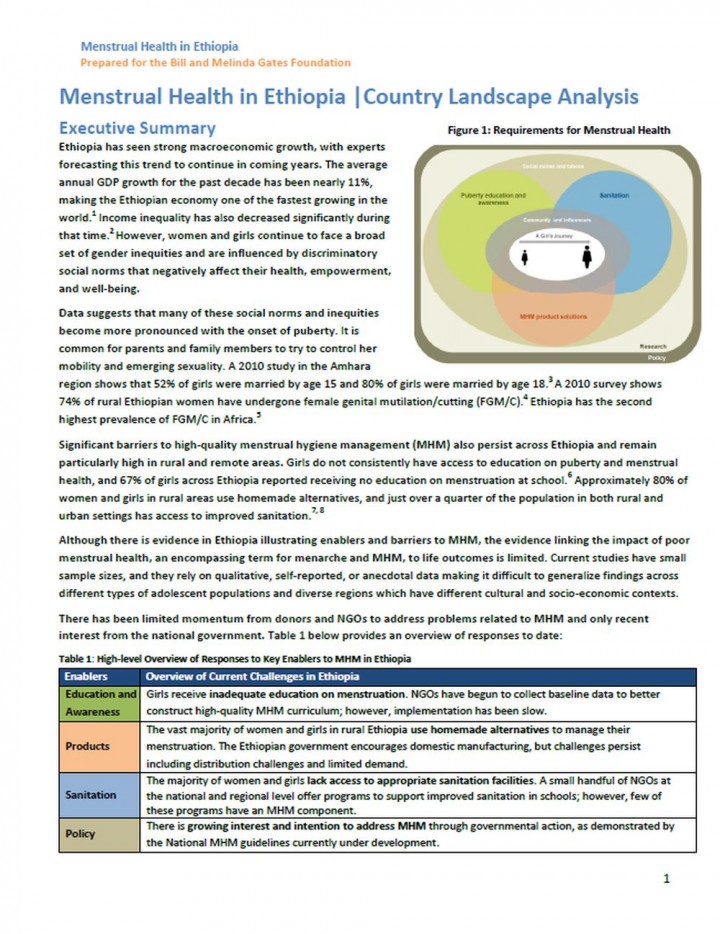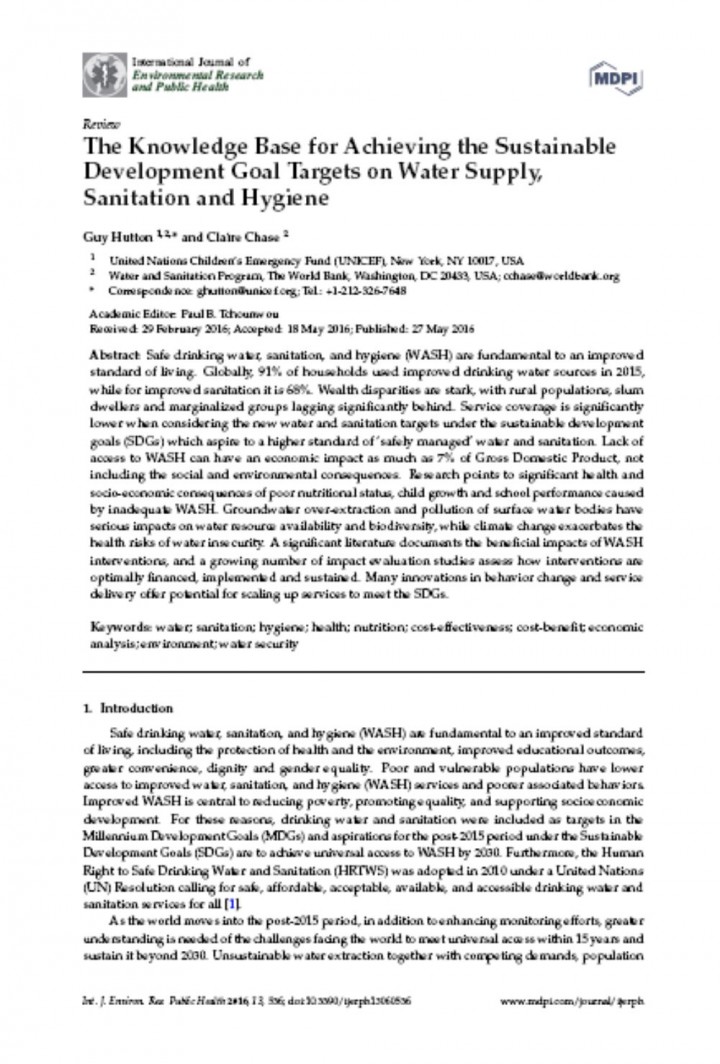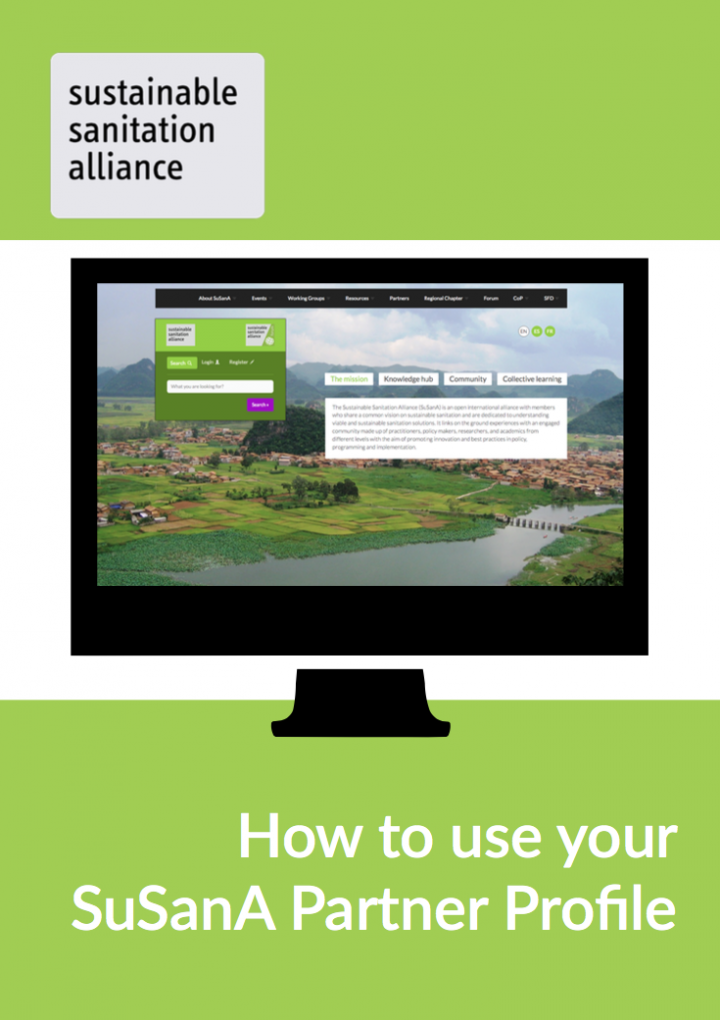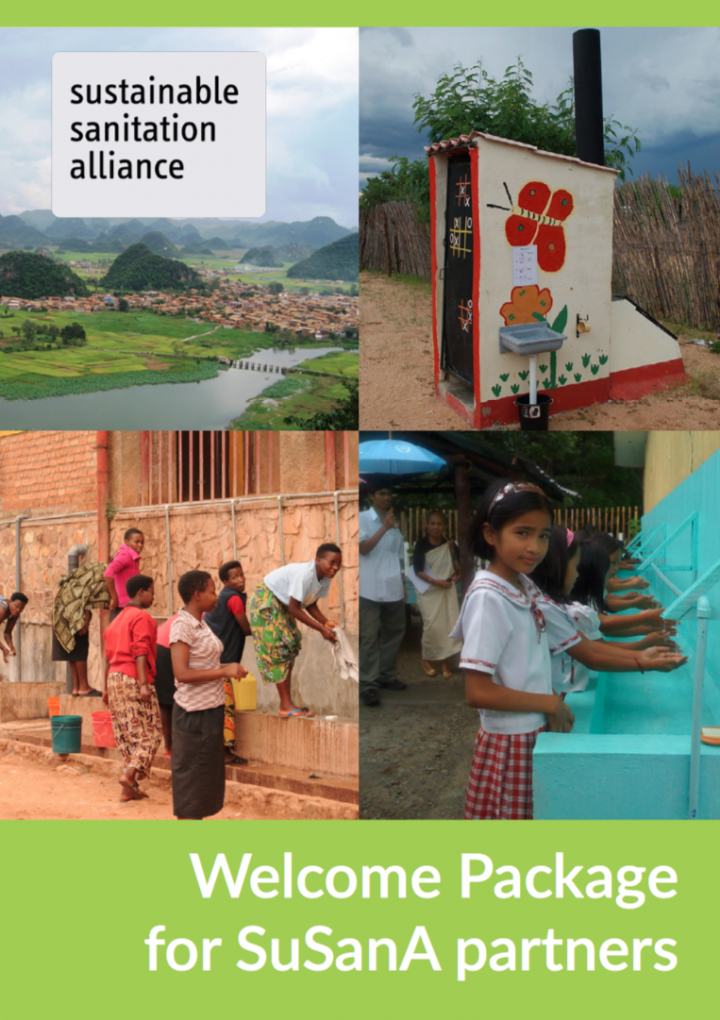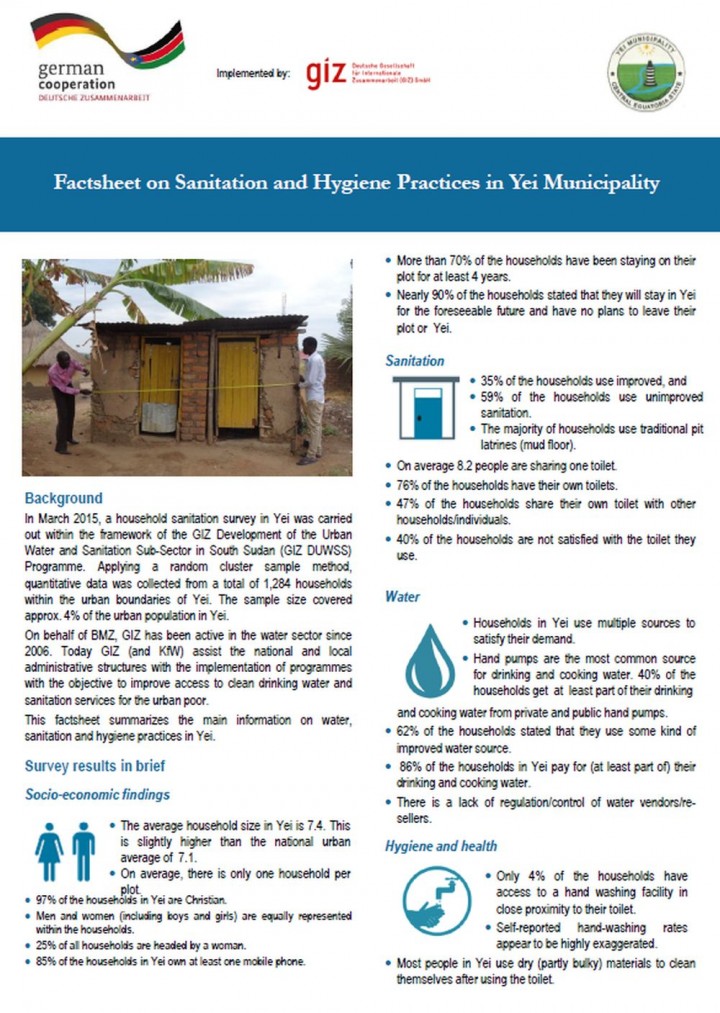DSSP (2016) Gobernanza y gobernabilidad de los sistemas de saneamiento sostenible descentralizado: Experiencias de los sistemas sanitarios secos ecológicos y del tratamiento de aguas residuales descentralizadas (in Spanish) Governance of decentralized sustainable sanitation systems: Experiences of ecological dry sanitation systems and decentralized wastewater treatment plants
The paper discusses key aspects of national sanitation experiences that were developed thanks to the commitment and participation of public, academic and private actors of the network; systematizes the establishment of rules, roles and institutional functions as well as the exercise of the rights and duties of participating organizations in the implementation of these non-conventional sanitation systems.
Duflo, E. et al. (2015) Toilets Can Work Short and Medium Run Health Impacts of Addressing Complementarities and Externalities in Water and Sanitation
Poor water quality and sanitation are leading causes of mortality and disease in developing countries. However, interventions providing toilets in rural areas have not substantially improved health, likely because of incomplete coverage and low usage. This paper estimates the impact of an integrated water and sanitation improvement program in rural India that provided household - level water connections, latrines, and bathing facilities to all households […]
Schoebitz, L., Niwagaba, C.B., Strande, L. (2016) SFD Report - Kampala, Uganda SFD Promotion Initiative
Kampala is the capital and most populated city in Uganda, with a population of 1,507,080. The total area of the city is 178 km². In line with rapid urbanization, approximately 60% of city residents live in informal low-income settlements (“slums”). To account for the […]
Rognerud, R. et al. (2016) IRC Trends Analysis, 2016– 2025
2016 is a special year for the water, sanitation and hygiene (WASH) and “Big Water” sectors: it marks the start of the 15-year period for achieving the Sustainable Development Goals (SDGs). 2016 is also an important year for IRC, as it is the final year of our current five-year business plan. The SDGs consist of 17 goals and 169 targets covering a wide range of sustainable […]
GIZ (2016) Sustainable Sanitation Newsletter 2016 (in English and French) Issue no. 49, July 2016
Archived newsletters of the regular electronic news bulletin from the sustainable sanitation projects. These newsletters were sent to subscribed members involved in initiatives and projects in the field of sanitation. Discusses news, publications, books, studies, conferences, online information, and events
Furlong, C. (2016) SFD Report - Hawassa, Ethiopia SFD Promotion Initiative
Hawassa is the capital of the Southern Nations, Nationalities and People’s Region in Ethiopia. The Ethiopian Central Statistical Agency estimates that the population of Hawassa is 351,469 and it has an annual population growth rate of 4%. 100% of the population is reliant on onsite sanitation. The most popular sanitation technology being semi-lined pits (56%). Although the SFD shows that 75% of the excreta as […]
Salian, P., Bieker, S. (2016) Go with the Flow: A Workshop on Shit Flow Diagrams Presentation at the Kampala WASH Symposium 2016: Led by I-San and GIZ
This workshop aimed at giving the participants a first-hand understanding of how SFDs can be developed and used in a city-wide context. With the information gained, the participants could adopt SFDs to their own context and use it to identify challenges and opportunities with regards to sanitation improvements in their respective cities.
Ekane, N., Weitz, N., Nykvist, B., Nordqvist, P., Noel, S. (2016) Comparative assessment of sanitation and hygiene policies and institutional frameworks in Rwanda, Uganda and Tanzania
This assessment finds that the policies in Rwanda, Uganda, and Tanzania meet many of the recommended criteria, but are still lacking key aspects to adequately cater for sustainability of services and functionality of facilities. Further, policies should reflect the needs and preferences of people. This is usually not the case because policies are very ambitious and hard to fully translate to action. Despite the existence […]
Cumming, O., Cairncross, S. (2016) Can water, sanitation and hygiene help eliminate stunting? Current evidence and policy implications Review Article in: Maternal & Child Nutrition
Stunting is a complex and enduring challenge with far-reaching consequences for those affected and society as a whole. To accelerate progress in eliminating stunting, broader efforts are needed that reach beyond the nutrition sector to tackle the underlying determinants of undernutrition. There is growing interest in how water, sanitation and hygiene (WASH) interventions might support strategies to reduce stunting in high-burden settings, such as SouthAsia […]
Subramanian, S. V.,Mejía-Guevara, I., Krishna, A. (2016) Rethinking policy perspectives on childhood stunting: time to formulate a structural and multifactorial strategy Review Article in: Maternal & Child Nutrition
Stunting and chronic undernutrition among children in South Asia remain a major unresolved global health issue. There are compelling intrinsic and moral reasons to ensure that children attain their optimal growth potential facilitated via promotion of healthy living conditions. Investments in efforts to ensure that children’s growth is not faltered also have substantial instrumental benefits in terms of cognitive and economic development. Using the case of India, […]
AGIRE (2016) Atelier sur le Catalogue des solutions d’assainissement et de réutilisation en milieu rural - Concertation des final drafts des fiches techniques (in French) Workshop on the catalogue of sanitation solutions and solutions for the reuse of by-products in rural areas – Consultation of the final drafts of the technical papers
Lieu : Salle de conférence du Ministère Délégué Chargé de l’Eau Objectif : Présenter, discuter et concerter la matrice et les fiches techniques des systèmes d'assainissement en milieu rural au Maroc
Fernandez Curutchet, M. et al. (2016) Sistemas de saneamiento seco con separación de orina (in Spanish) Dry sanitation systems with urine separation
El presente documento trata un sistema de saneamiento diseñado específicamente para el manejo de excrementos secos, llamado baño seco con separación de orina. Este es un sistema de saneamiento aplicable a cualquier tipo de instalación (hogareña, industrial, pública, comunitaria, etc.). Las pautas de diseño funcionales que lo componen son las siguientes: separación desde el origen de la materia fecal y la orina, la operación sin […]
FSG (2016) Menstrual Health in Kenya Country Landscape Analysis
This report seeks to understand: (1) the current state of girls’ experience with menarche and MHM in Kenya, (2) the donor, government, and NGO responses to girls’ needs, and (3) opportunities for research, advocacy, and programming to better address these needs. This complements a Global Landscape Analysis and is one of three Country Landscape Analyses focused on India, Kenya, and Ethiopia. This report provides an assessment of the […]
FSG (2016) Menstrual Health in India Country Landscape Analysis
This report seeks to understand: (1) the current state of girls’ experience with menarche and MHM in India, (2) donor, government, NGO, and company responses to girls’ needs, and (3) opportunities for research, advocacy, and programming to better address these needs. This complements a Global Landscape Analysis and is one of three Country Landscape Analyses focused on India, Kenya, and Ethiopia. This report is the result […]
FSG (2016) Menstrual Health in Ethiopia Country Landscape Analysis
This report seeks to understand: (1) the current state of girls’ experience with menarche and MHM in Ethiopia, (2) the donor, government, and NGO responses to girls’ needs, and (3) opportunities for research, advocacy, and programming to better address these needs. This complements a Global Landscape Analysis and is one of three Country Landscape Analyses focused on India, Kenya, and Ethiopia. This report is the result of […]
Hutton, G., Chase, C. (2016) The Knowledge Base for Achieving the Sustainable Development Goal Targets on Water Supply, Sanitation and Hygiene
Safe drinking water, sanitation, and hygiene (WASH) are fundamental to an improved standard of living. Globally, 91% of households used improved drinking water sources in 2015, while for improved sanitation it is 68%. Wealth disparities are stark, with rural populations, slum dwellers and marginalized groups lagging significantly behind. Service coverage is significantly lower when considering the new water and sanitation targets under the sustainable development […]
SuSanA (2016) How to use your SuSanA Partner Profile
This document serves as a guideline containing all necessary steps and instructions to successfully set up your SuSanA partner profile. A relatively complete profile should take about 15 minutes to set up.
SuSanA (2022) Welcome package for SuSanA partners and members and uploading guides
This document will show you everything you need to know about the SuSanA platform and all the resources that it offers including: - The SuSanA partner profiles, - Discussion forum - Working groups - Social media - Thematic Discussions - Hosting of SuSanA events - Online library - SuSanA newsmail In the file download section below you will find: - The Welcome Package for new SuSanA partners (last updated in June 2022) - SuSanA […]
Kilombe, S. T., Taligi, A. S. (2015) Factsheet on Sanitation and Hygiene Practices in Yei Municipality
In March 2015, a household sanitation survey in Yei was carried out within the framework of the GIZ Development of the Urban Water and Sanitation Sub-Sector in South Sudan (GIZ DUWSS) Programme. Applying a random cluster sample method, quantitative data was collected from a total of 1,284 households within the urban boundaries of Yei. The sample size covered approx. 4% of the urban population in […]
